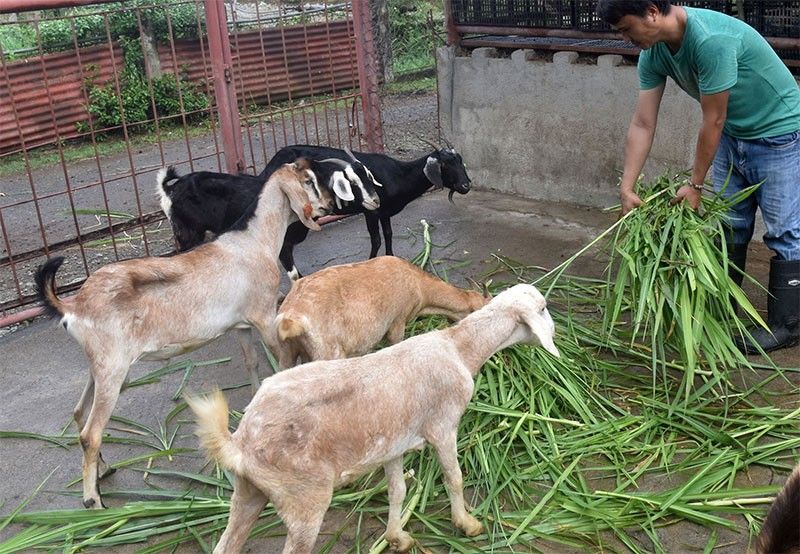Farmers told to wear protection when handling goats, cattle

MANILA, Philippines — Goat and cattle raisers should wear protective gear including face masks and gloves when tending to their animals to avoid contracting Q fever, an infectious diseases expert said yesterday.
Rontgene Solante, president of the Philippine College of Physicians, said people handling cattle and goats have higher chances of contracting the disease.
“They should protect themselves by wearing gloves, especially those taking care of a large number of animals or working in a goat farm,” Solante said in an interview yesterday.
Solante’s advice came following the detection by the Bureau of Animal Industry (BAI), an attached agency of the Department of Agriculture, of the first case of Q fever in dozens of goats imported from the United States.
Of the 94 imported goats, 19 tested positive for Q fever, the BAI said.
Solante said farmers should take extra care when slaughtering goats as they may come in contact with fluids coming out of the animals.
“They have to wear something that will serve as a shield from the splashing liquid when goats are being butchered,” Solante said, noting that goats’ wastes are also contaminated with organisms.
“Those doing the cleaning can be infected by touching and not wearing any protective gear like face masks since dried animal manure is aerosolized. The most common transmission is through the lungs,” he said.
Eating goat meat is safe provided this is cooked thoroughly.
Fluids and wastes from goats are the most common cause of infection, Solante said.
Q fever is a mild zoonotic disease found in animals but can be transmitted to humans, especially among people frequently in contact with infected animals.
- Latest
- Trending

























